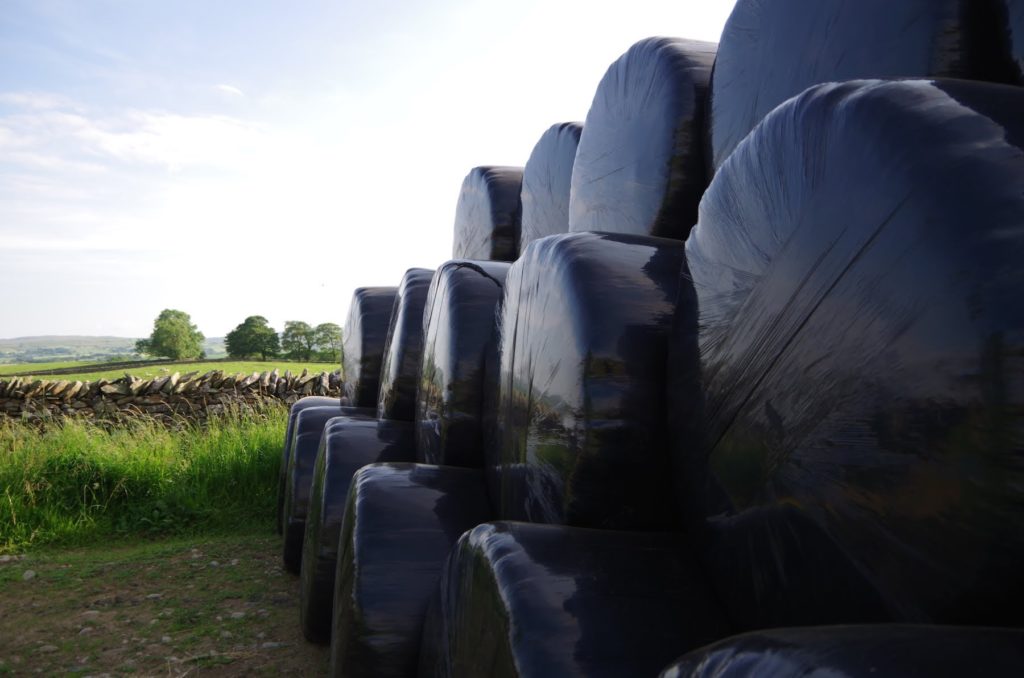Liver Fluke Risk From Silage
9 December 2020This year the spring and early summer were dry in many areas across Scotland. This dry weather in the first half of the year may delay problems with liver fluke (Fasciola hepatica) until later in the winter. If we think back to last year (2019), we saw a similar pattern of weather, and very few cases of acute fluke were diagnosed by SRUC Veterinary Services – until December.
Cattle and sheep can be tested for antibodies to liver fluke through blood samples. It takes between two and four weeks for antibodies to be produced, following infection with liver fluke. This blood test can be used a few weeks after housing to find out if treatment is required. It can also be used to avoid unnecessary treatments, and long meat withdrawals in groups of animals that are approaching their slaughter weight.
There has been recent research carried out by Liverpool University to determine whether liver fluke, specifically metacercariae (the highly infective stage of the liver fluke that animals ingest) are capable of surviving in silage. The findings from this have been, that there is no risk of fluke transmission from anaerobically (without oxygen) fermented silage, which is fed to livestock after two weeks from sealing the pit/bag. However, the metacercariae can survive for a period under aerobic (with oxygen) conditions, meaning that spoiled forages may represent a risk, especially when the dry matter is low. Therefore, the key principles of silage making will reduce the risk, by ensuring the crop has wilted to increase dry matter and by achieving a good seal of a pit or warp to create anaerobic conditions for fermentation. Remember that silage fields are usually a relatively low risk due to, often only being lightly grazed earlier in the year, the grass is cut prior to the metacercariae numbers peaking in the autumn and the wettest areas of the field, where metacercariae numbers are likely to be highest, are not suitable for cutting.
Kirsten Williams, kirsten.williams@sac.co.uk
Sign up to the FAS newsletter
Receive updates on news, events and publications from Scotland’s Farm Advisory Service

